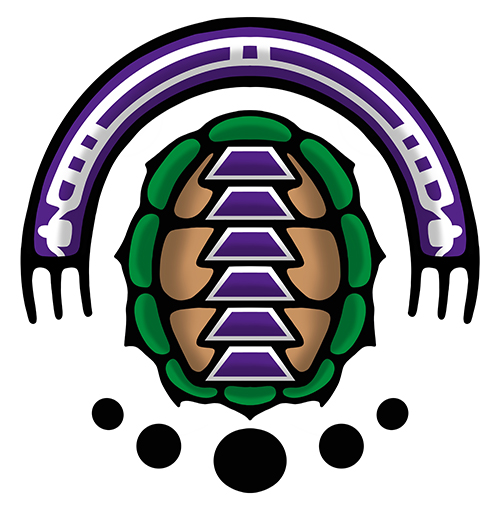Document Type
Article
Publication Date
2022
Abstract
The concepts about non-avian dinosaurs have been presented almost exclusively from the context of discoveries and studies by Europeans and their descendants in various parts of the world, with seldom mention of Indigenous knowledge of dinosaur fossils that have been known to Indigenous peoples throughout their long history and integrated into their culture and folklore. In this research project, I compiled data from a broad range of sources relevant to Indigenous and Western knowledges of dinosaurs, and conducted a comparative study of various concepts, such as the history, identifications, and environmental factors related to evolution and extinction of dinosaurs. I find that while there are some marked differences from the Eurocentric approaches, several Indigenous groups have incorporated dinosaurs into their knowledge databases and in their oral histories, which, to various degrees, paralleled Western academic research. The result of this study reinforces the unfortunate reality that Indigenous perspectives and concepts of dinosaurs are largely absent compared to Western publications, of which there are hundreds of thousands of works. Coupled with ongoing colonialism in the field of palaeontology, the expression of Indigenous voices when discussing non-avian dinosaurs is a necessary step in decolonizing both palaeontology and the natural sciences to a broader extent.


